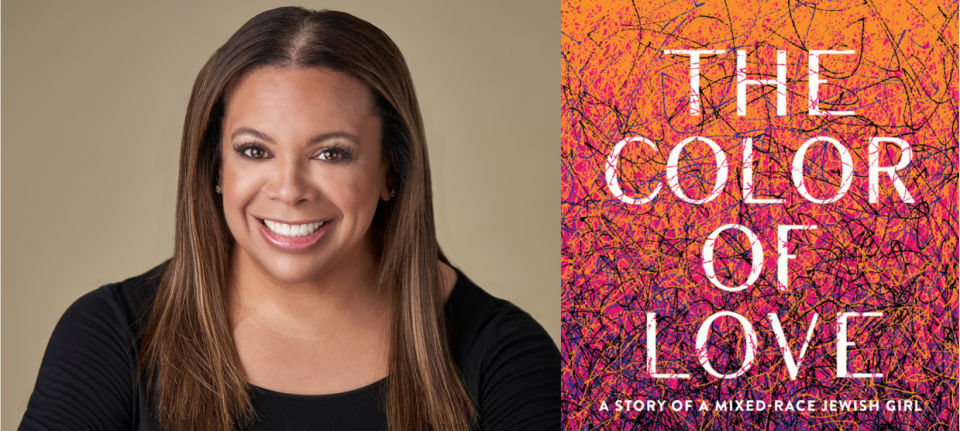The Color of Love: A Story of a Mixed-Race Jewish Girl by Marra B. Gad; 2019, Bolden, An Agate Imprint; ISBN 9781572-842755; 233 pages; $17
At the age of three days, Marra B. Gad was adopted by Jewish parents who were told her birth mother was Jewish. What they didn’t know—and really didn’t care about – was that the father was African-American. They took Mara into their family, loved her as their own child, and brought her up to be a proud Jew.
However, not everyone in the Gads’ extended family felt the same way, and the slights, slurs, and racist comments that Marra had to endure will make my fellow Jewish readers’ cringe. How can any Jew, knowing how our people have long felt the sting of prejudice, inflict such outrageous behavior on a person of another ethnicity? But to our shame, some of us do.
One might anticipate that Marra would seek refuge in the African-American community, but there she found herself criticized for being not “black enough.” Furthermore, she was often rejected for being Jewish rather than being Christian or Muslim.
The memoir focuses on Marra’s relationship with her Great-Aunt Nette, who rejected her for no reason other than her color. Nette always had been such a source of kindness to Marra’s mother and, yes, to Marra’s two white siblings too. As hard as Marra tried to win her over, Nette simply could not be budged from her prejudice. Yet, Nette was married to a Chinese man from Taiwan, Zeit, so her animosity didn’t extend to all non-white races, only, apparently, to Blacks.
At Mara’s sister’s wedding, Nette explained loudly, “Me having a Chinese husband is one thing, but nothing is worse than Black.”
That was when Marra’s mother had enough, Nette’s prejudice could no longer be explained away. She made it clear Aunt Nette no longer was welcome at their home.
Fast forward 15 years, and Nette and Zeit are incapacitated by old age and dementia. Someone from the family should make certain they are well cared for. Marra’s widowed mother is too ill with a kidney disease to travel from the family home in Chicago to the West Coast, and her siblings are also in no position to do so. Marra, an independent film and television producer, surprisingly volunteers, noting that she often has to travel to the West Coast on business.
And so begins a second chapter in Marra’s and Nette’s relationship, a chapter that is bittersweet.
One cannot help but admire Marra’s persistence and kindness toward a woman who had treated her so malevolently. She did not retaliate against her old nemesis. Despite all, she treated her with love. And thereby, she set an example well worth emulating.
Republished from San Diego Jewish World


























